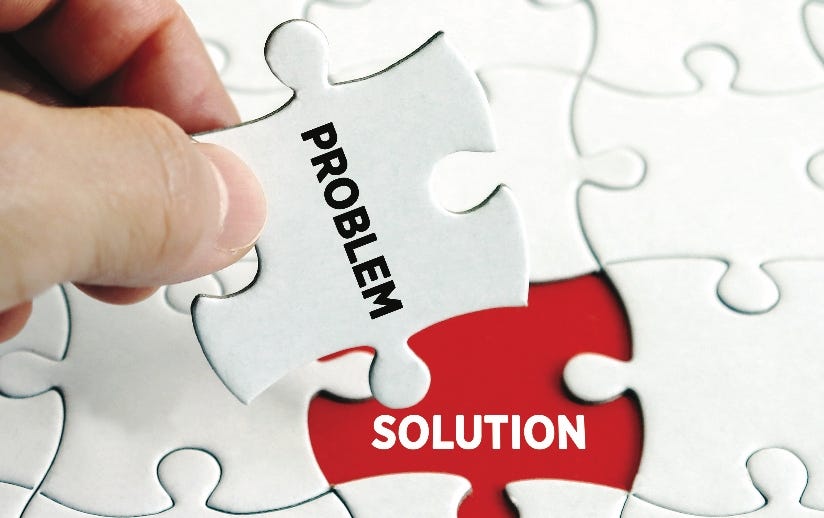I’ve been a frontend developer for a while now, building React apps, wrestling with CSS, and doing all the usual developer stuff. But lately, I’ve been thinking about making a pretty big career shift, and I wanted to share why.
Don’t get me wrong, I love coding. There’s something satisfying about building a clean component or finally getting that tricky animation to work perfectly. But if I’m being honest, the part of development that always excited me most wasn’t the coding itself — it was solving problems for real people.
You know that feeling when someone on your team is stuck with a bug, and you help them figure it out? Or when you’re explaining a technical concept to a non-technical colleague and suddenly they get it? That’s the stuff that really energizes me.
I’ve noticed that whenever I’m troubleshooting issues — whether it’s debugging a React component that’s not rendering properly or helping a colleague understand why their API call isn’t working — I get genuinely excited about the detective work involved. Breaking down complex problems, asking the right questions, and working through solutions step by step.
The thing is, in frontend development, most of my problem-solving happens in isolation. I’m solving problems for users I’ll never talk to, fixing issues they’ll never tell me about directly. But in technical support, you’re right there with people, understanding their actual pain points and helping them through it in real-time.
I’ve been thinking about this shift for months now. The job market for developers has been… well, let’s just say it’s challenging right now. But beyond that, I’m genuinely drawn to the idea of using my technical background in a more people-focused way.

Technical support isn’t just about following scripts or resetting passwords. With a development background, I can understand the underlying systems, think through complex scenarios, and communicate technical concepts in ways that actually make sense to people. Plus, the debugging mindset that every developer builds over time? That transfers perfectly to troubleshooting customer issues.
I’m not abandoning my technical skills — I’m redirecting them. Instead of building features that might solve problems, I’ll be directly solving problems for people who need help right now.
Maybe this sounds crazy to some of my developer friends, but I think there’s something valuable about taking a step back and focusing on the human side of technology. After all, all the code we write is ultimately about helping people do something better, faster, or easier.
So that’s where I’m headed next. Technical support Engineer, here I come.
